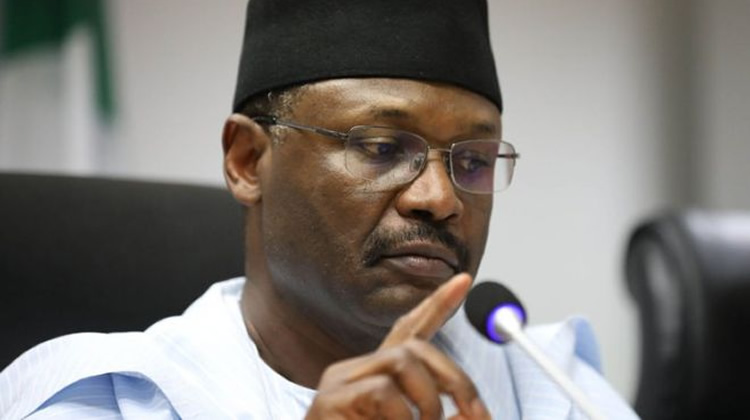Politics
Political Parties Back INEC on Bye-Elections, Reject Falana’s Proposal

Major political parties in Nigeria have expressed support for the Independent National Electoral Commission (INEC) to continue conducting bye-elections for legislative seats left vacant due to resignations or deaths. This position was shared on Wednesday during a consultative meeting with political party leaders in Abuja, where INEC Chairman, Prof. Mahmood Yakubu, raised concerns over the financial and logistical challenges of organizing frequent bye-elections.
Yakubu disclosed that since June 2023, 23 legislative seats have become vacant, with INEC conducting nine bye-elections and planning 14 more. He lamented the unpredictability and cost implications, stating that bye-elections often disrupt the commission’s other responsibilities. He urged for legislative reforms to adopt more cost-effective solutions, as practiced in other countries.
However, Senior Advocate of Nigeria, Femi Falana, proposed that political parties should internally decide replacements for vacant positions without INEC’s involvement. According to Falana, this would save costs and streamline the process since votes during elections are attributed to political parties.
Falana’s suggestion was met with rejection from the Labour Party (LP) and the New Nigeria People’s Party (NNPP). The National Publicity Secretary of the LP, Obiora Ifoh, argued that bye-elections are necessary for democracy to thrive, as voters must have a say in choosing their representatives. He added that INEC already possesses essential election materials, making the process less costly than suggested.
Read Also: Lagos State Loses N1.7bn Annually to Vandalism
Similarly, the NNPP’s National Publicity Secretary, Ladipo Johnson, emphasized the importance of maintaining a transparent electoral process. He questioned the rationale behind abandoning bye-elections and stressed that parties directly filling vacant positions would undermine the democratic process.
In contrast, the People’s Democratic Party (PDP) supported Falana’s position, with its Deputy Publicity Secretary, Ibrahim Abdullahi, advocating for legislative changes to allow parties to fill vacant seats. Abdullahi argued that such reforms would save INEC from excessive expenses and improve efficiency.
The All Progressives Congress (APC) adopted a more neutral stance, calling for wider consultations on the matter. APC National Publicity Director, Bala Ibrahim, suggested that a public debate should determine the best course of action. He also proposed stricter conditions for winning elections outright to reduce the need for reruns and bye-elections.
While the debate continues, INEC Chairman Yakubu reiterated the commission’s call for reforms, emphasizing that the current system is unsustainable. Despite the challenges, Yakubu assured stakeholders of INEC’s commitment to improving the electoral process while advocating for a more cost-effective approach to managing legislative vacancies.
The differing perspectives underline the complexities of balancing financial efficiency with democratic representation in Nigeria’s evolving political landscape.